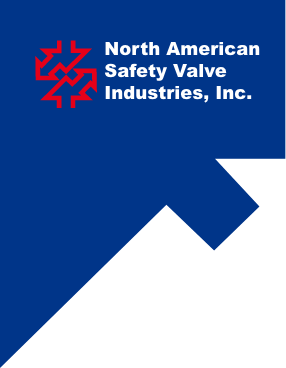Understanding the Functionality of Water Pressure Valves
Water Pressure Valves play a crucial role in the efficient management of plumbing systems, ensuring that water flow is both safe and effective. According to a recent report from the American Society of Plumbing Engineers (ASPE), proper regulation of water pressure can enhance system longevity and reduce potential water damage caused by excessive pressure, which can lead to costly repairs. The National Fire Protection Association (NFPA) also stresses that maintaining optimal water pressure is vital for fire suppression systems, as inadequate pressure can hinder performance during emergencies. In light of this, understanding the functionality of Water Pressure Valves becomes essential for homeowners and commercial property managers alike, as it not only safeguards infrastructure but also contributes to water conservation efforts.

By examining the operational mechanics and benefits of these vital components, one can make informed decisions that enhance the overall efficiency of their water systems.
Top Reasons Why Water Pressure Valves Are Essential for Plumbing Systems
Water pressure valves play a critical role in maintaining the efficiency and safety of plumbing systems, and their importance cannot be overstated. Firstly, these valves help regulate and stabilize water pressure in the pipes, ensuring that the flow remains consistent and manageable. This function is essential, particularly in preventing pipe bursts and leaks, which can lead to significant property damage and costly repairs. As cities grapple with issues like urban flooding, a reliable plumbing system equipped with effective water pressure valves becomes increasingly vital to safeguarding both property and public safety.

Moreover, water pressure valves can improve the overall functionality of household plumbing, enhancing water delivery to fixtures and appliances. When water pressure is too high, it can cause wear and tear on plumbing fixtures, ultimately leading to premature failures. Conversely, low pressure can result in inadequate water supply, making daily activities challenging.
By maintaining optimal pressure levels, these valves not only enhance the longevity of plumbing systems but also contribute to energy efficiency, which is particularly important in the context of rising energy costs and the need for sustainable practices in our homes. Thus, water pressure valves are essential components that ensure the reliability and durability of plumbing systems, directly impacting our quality of life.
Key Features That Define the Effectiveness of Water Pressure Valves
Water pressure valves play a crucial role in maintaining the efficiency and safety of plumbing systems. These devices regulate the flow and pressure of water throughout a home or commercial building, ensuring that fixtures operate optimally. Key features that define their effectiveness include pressure settings, construction materials, and response times. A well-calibrated pressure valve can mitigate issues such as water hammer and pipe burst by adjusting the pressure to a safe level.
When selecting a water pressure valve, consider the pressure range it can handle. This range is critical to ensure it fits your system's specific needs. Additionally, opt for models made from durable materials like brass or stainless steel, which resist corrosion and prolong the valve's lifespan.
Tip: Regular maintenance is essential to ensure the valve functions correctly over time. Check for leaks and ensure the settings are accurate periodically. Another essential tip is to install a pressure gauge in conjunction with the valve. This setup allows for real-time monitoring of water pressure, enabling timely adjustments and preventing potential damage from pressure fluctuations.
Understanding Water Pressure Valve Performance
Analyzing the Impact of Water Pressure on System Performance and Efficiency
Understanding the impact of water pressure on system performance and efficiency is crucial for both residential and commercial settings. Water pressure influences various aspects of plumbing systems, including flow rate and energy consumption. A properly calibrated water pressure valve ensures that the pressure remains within optimal ranges, which can significantly enhance the longevity of plumbing fixtures and appliances. High water pressure can lead to leaks, water wastage, and increased wear and tear on pipes, while low pressure may result in insufficient flow, affecting daily activities.
Moreover, maintaining the right water pressure can improve energy efficiency. When the pressure is too high, water heaters and pumps must work harder, consuming more energy and increasing utility bills. Conversely, adjusting the pressure to ideal levels can lead to substantial energy savings and a reduction in operational costs. It is essential to regularly assess and adjust water pressure settings to not only promote system efficiency but also to conserve water and reduce the environmental impact associated with excessive usage. Understanding these dynamics allows property owners to make informed decisions about their plumbing systems, ultimately leading to better performance and sustainability.
Maintenance Tips to Enhance the Longevity of Water Pressure Valves
Water pressure valves are crucial components in maintaining an optimal plumbing system. Regular maintenance can significantly enhance the longevity of these valves, preventing costly repairs and ensuring a consistent water supply. According to industry reports, proper maintenance can extend the lifespan of a water pressure valve by up to 50%. This includes routine inspections for signs of wear, such as leaks or corrosion, and ensuring that all components are functioning correctly.

To further ensure the efficacy of water pressure valves, homeowners should consider flushing their plumbing system periodically. Flushing helps eliminate sediment build-up that can impair valve function and reduce water quality. Reports indicate that neglecting to flush systems can lead to a 10-15% decrease in efficiency. Additionally, managing water pressure through pilot projects has shown to reduce maintenance costs and increase asset lifespan, providing both economic and practical benefits to homeowners.
By adopting straightforward maintenance practices—like checking water pressure regularly and replacing worn-out components— homeowners can significantly enhance the durability and performance of their water pressure valves, all while ensuring safe and reliable plumbing in their homes.
Common Issues Faced with Water Pressure Valves and Their Solutions
Water pressure valves play a crucial role in maintaining the efficiency and safety of water distribution systems. However, users often encounter common issues that can compromise their functionality. One prevalent problem is pressure loss, which can result from obstructed filters or malfunctioning components within the valve. If not addressed, this issue can lead to inadequate water flow, affecting both residential and industrial applications.
Another common issue faced with water pressure valves is the occurrence of water hammering. This phenomenon can cause severe damage to pipes and the valve itself. It typically arises when the flow of water is abruptly shut off, creating shockwaves within the system. To mitigate this problem, installing air chambers or surge tanks can help absorb the shock and ensure a smoother flow of water. Regular maintenance and timely inspection of these valves can significantly extend their lifespan and improve the overall performance of your water system.
Understanding the Functionality of Water Pressure Valves - Common Issues Faced with Water Pressure Valves and Their Solutions
| Issue | Description | Possible Causes | Solutions |
|---|---|---|---|
| Low Water Pressure | Inadequate water flow from taps or fixtures. | Clogged filters, leaks, or valve malfunctions. | Inspect and clean filters, repair leaks, or replace faulty valves. |
| High Water Pressure | Excessively strong water flow, potentially damaging fixtures. | Faulty pressure regulator or incorrect installation. | Adjust or replace the pressure regulator, check installation settings. |
| Water Hammer | A thumping noise when water is shut off suddenly. | High pressure or lack of air chambers. | Install water hammer arrestors or adjust pressure settings. |
| Leaking Valve | Water leaking from the valve body or connections. | Worn seals, loose fittings, or corrosion. | Tighten fittings, replace seals, or install a new valve. |
| Noise from Valve | Unusual noises coming from the valve. | Loose parts or improper installation. | Inspect and tighten loose components, ensure correct installation. |
Related Posts
-

Discover Premium Pressure Vacuum Relief Valves from China’s Leading Manufacturer
-
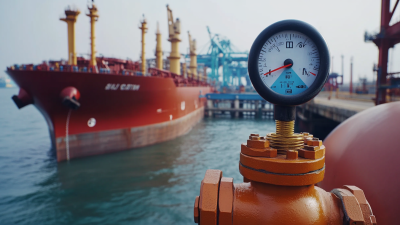
Navigating Tariffs and Trade Challenges with the Best Pressure Safety Valve from China
-
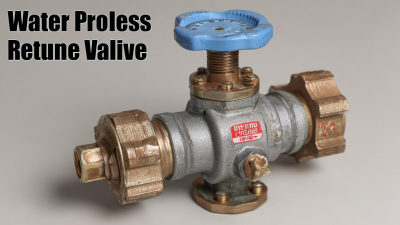
Common Issues Faced by Buyers When Selecting the Best Water Pressure Regulator Valve
-
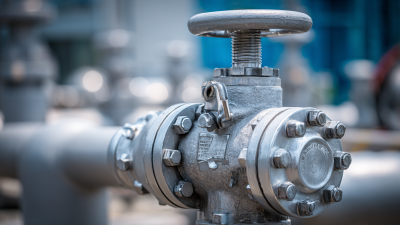
Top Strategies for Sourcing the Best Steam Pressure Relief Valve
-
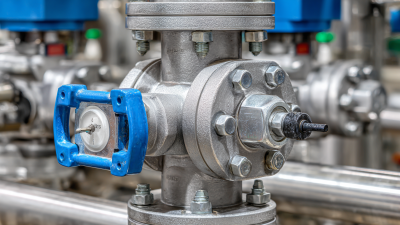
Understanding the Common Issues with Pressure Relief Valve Functionality
-
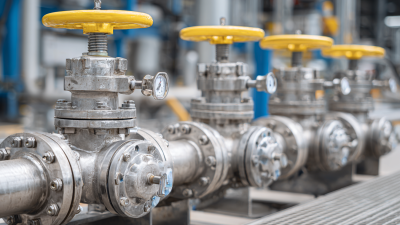
Unlocking Efficiency: The Incredible Benefits of Utilizing Pressure Relief Valves in Industrial Applications
